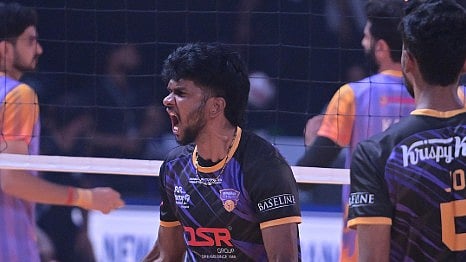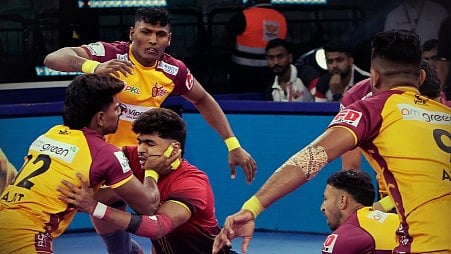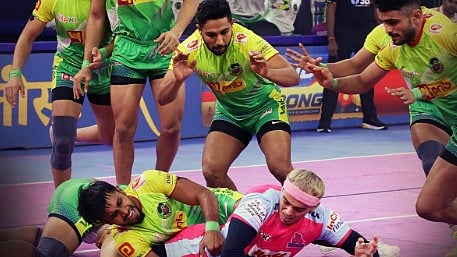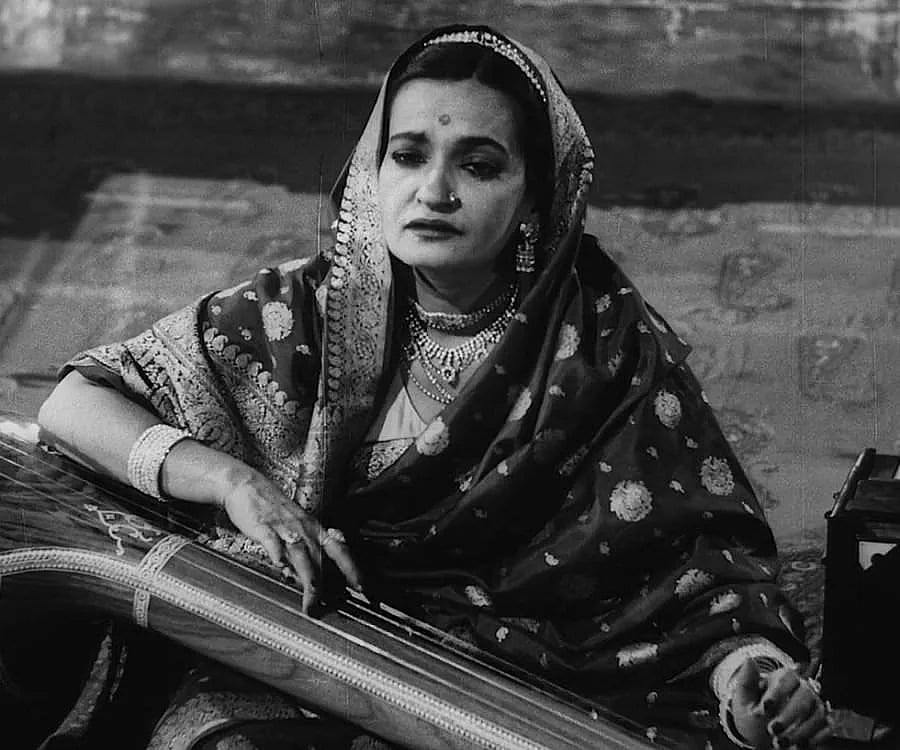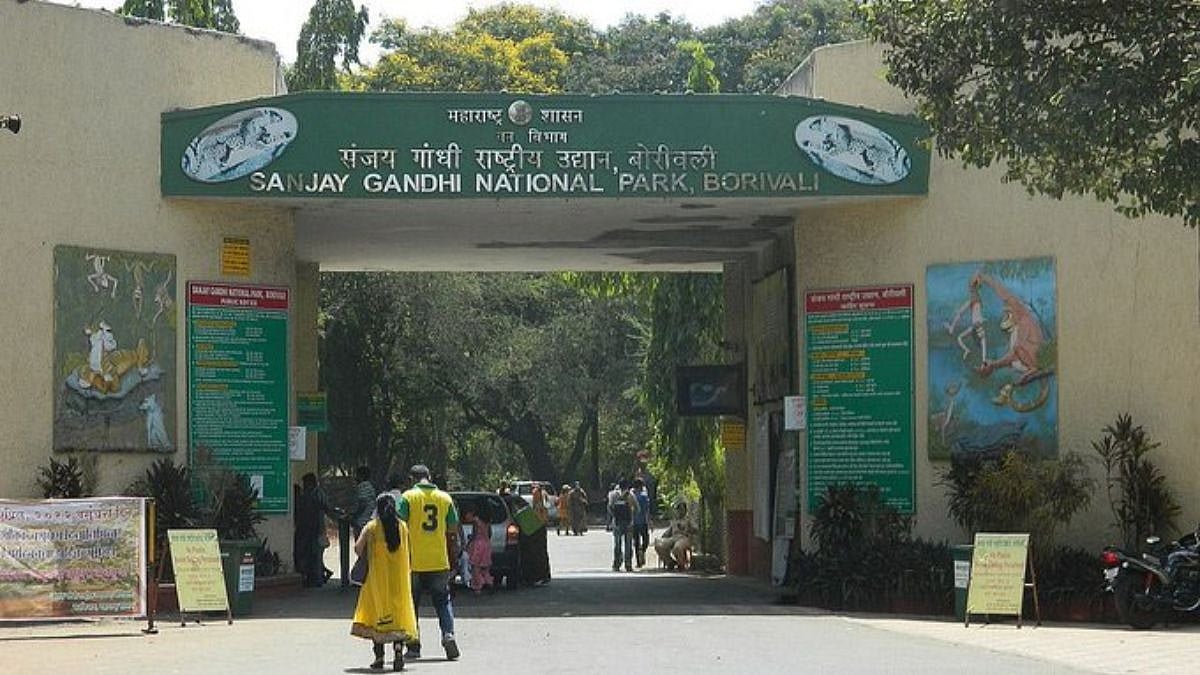The reasons behind the resignation and withdrawal announced by Nationalist Congress Party chief and waited-for Marathi politician Sharad Pawar are already much discussed. While there is no doubt that this was a politically calculated step by Pawar, the entire saga exposed the real picture of the regional political parties in India. The majority of the regional parties are dynastic. The problem is that neither the supporters nor the politicians really want the new leadership to emerge.
Sharad Pawar's resignation announcement was indeed a political googly that was much needed for himself and his party. Maharashtra politics have been in disarray for a number of years, and there are many rumors and questions following the Supreme Court hearing on the dissolution of the Shiv Sena and the formation of a new government led by the Eknath Shinde faction with assistance from the Bharatiya Janata Party. Ajit Pawar, the opposition leader in the Maharashtra legislative assembly and the niece of party leader Sharad Pawar, was widely rumored to be about to join the BJP. Sharad Pawar felt compelled by the circumstances to expose the NCP's true leader to the people of Maharashtra.
A veteran politician, Sharad Pawar is skilled at bowling political googlies. He was forced to resign from Congress in 1999 as a result of his opposition to Sonia Gandhi's foreign origin and party leadership. But the same Sharad Pawar backed the Sonia Gandhi-led Congress from the moment the Nationalist Congress Party was founded. He recently hailed Gautam Adani while denouncing the opposition's proposal to establish a joint parliamentary committee to look into the suspected violations in the share market by the Adani group. But after a day, he decided to change his position. People claim that Sharad Pawar is an expert at going back on his words.
Sharad Pawar's political career has a long and extensive history. However, the state of India's regional political parties is the most crucial issue at hand. People in India feel that the leader of each of the regional parties that mainly rely on dynasties should be in that post indefinitely. There is no contempt or denial of the crediblity of these tall leaders, but politics needs to have a retirement age. Sharad Pawar is 82 years old, and if people think he will always be the party's leader, it will prevent the party from growing and guarantee that nothing will ever change. Nowadays, everyone discusses development, the employment of progressive and practical political methods, and the requirement for new-age leaders. However, neither the lawmakers nor the general populace really accept the leadership of the new generation.
The majority of India's regional political parties are dynastic, and because of this mentality, their politics are not very active. In the end, protecting the dynasty rather than the people remains the major goal of these political parties and their leaders. Unfortunately, a strong leader like Sharad Pawar could not rely on any successor without doubt. The majority of these dynastic political parties only look out for their own families, not because politics is an uncertain game. Although it is commonly known that Supriya Sule, Sharad Pawar's daughter, would lead the NCP, Ajit Pawar is still very much in the running. Sharad Pawar ultimately had to decide whether to stay because he may have realised that if he resigned as party president at this moment, there would be disastrous infighting.
While it would be incorrect to claim that dynasties have destroyed or have not contributed to India's politics, the Bharatiya Janata Party currently uses these dynasties as a major point of attack against the other political parties. Understanding the challenges of preserving these dynasties is crucial. What has actually occurred to the Congress party is plainly visible, and it has been losing elections after elections as a result of its narrowing of its focus on the Gandhi family. Every regional political party, including the Samajwadi Party, the Rashtriya Janta Dal, the Trinamool, Congress, the Bharat, Rashtra Samiti, the YSRCP, the DMK, the AIADMK, and others, is dynasty-dependent. What's more, the platforms of all these political parties are built solely on the persona of one supreme leader. For instance, Mamata Banerjee, the chief minister of West Bengal and leader of the Trinamool Congress party, has consistently urged West Bengal voters to cast votes in her name rather than the party's candidate.
For these political parties, the overall overreliance on dynasties and supreme leaders is not advantageous. The political landscape is evolving over time, and it is doing so quickly in India as well. Sharad Pawar's case serves as yet another reminder that the time is now for the regional political parties. Regardless of their family histories, this party needs to groom new leaders. In the end, it's more important to grow and advance the political ideology and the party than it is to isolate a few particular families. It's also important to recognise that these regional political parties are losing ground in their opposition to the Bharatiya Janata Party because they lack the means to refute the BJP's accusation that they are corrupt and self-serving.
The writer is a doctoral research scholar in media and politics. He tweets @sayantan_gh. Views expressed in this article are personal


